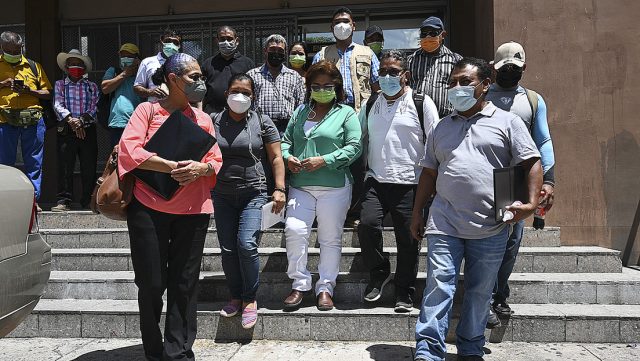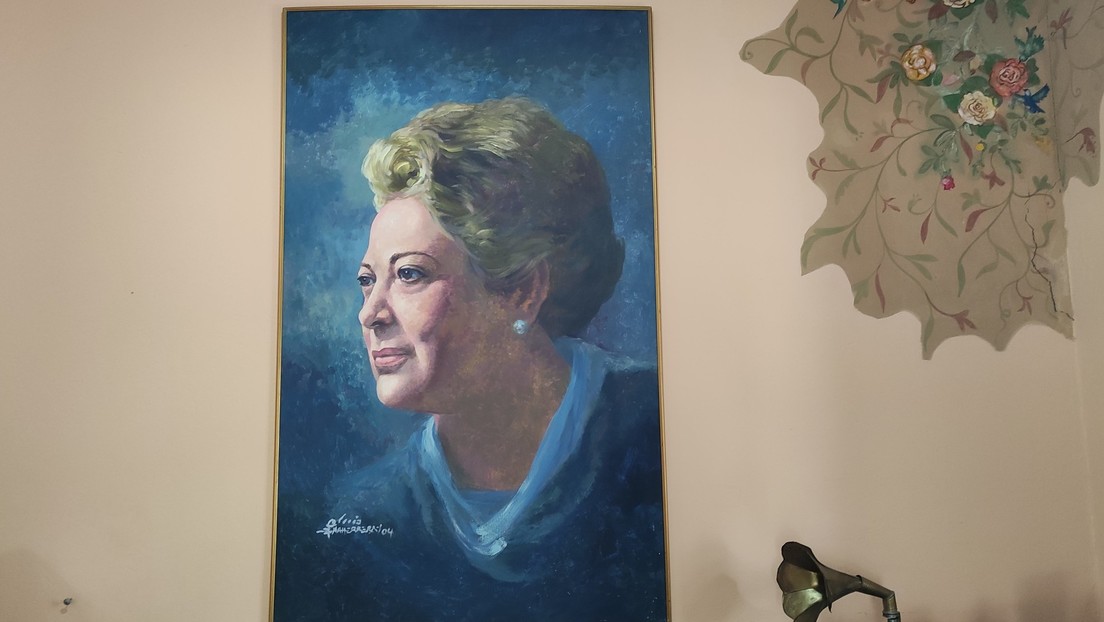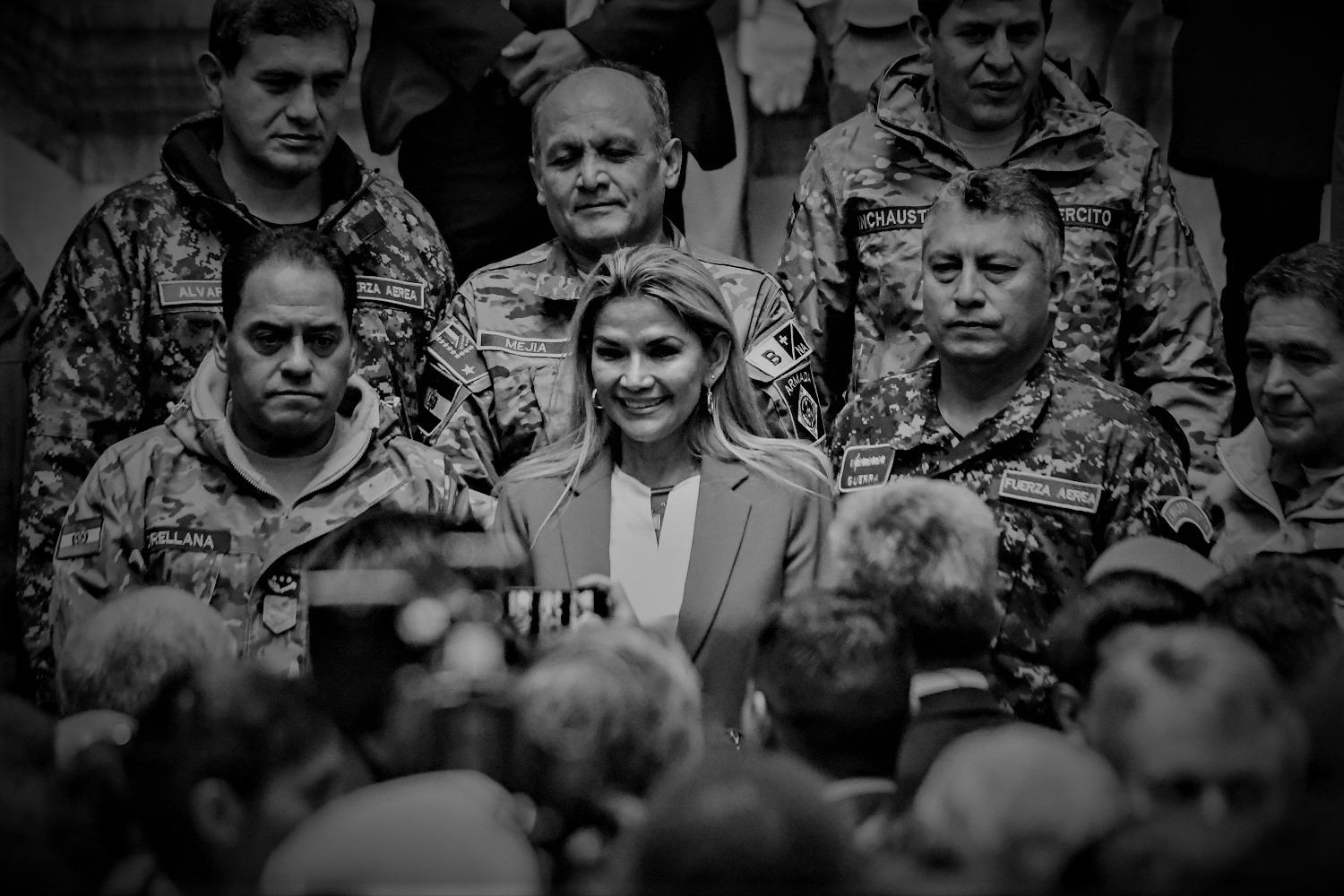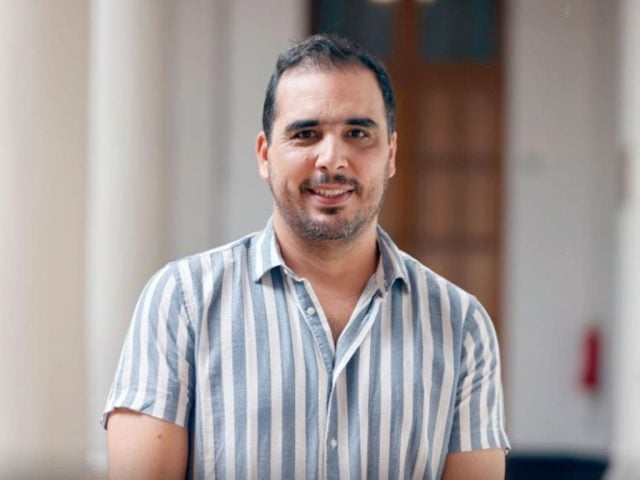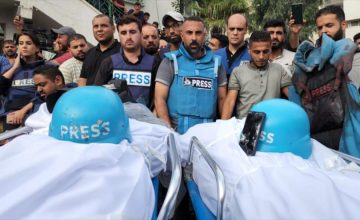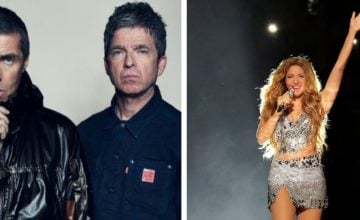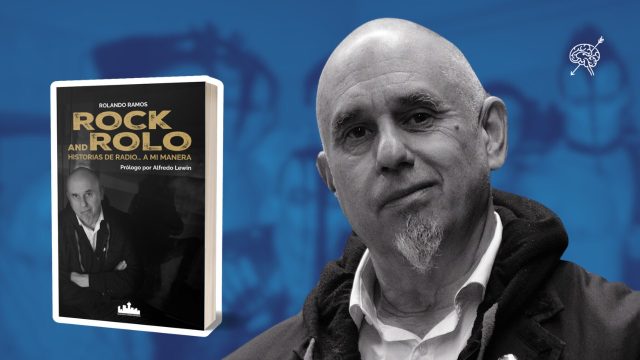In Honduras, eight environmentalists who opposed a mining project were tried, six of whom were found guilty for the crimes of «simple and aggravated damages» to the detriment of the company Inversores Los Pinares (ILP), added to the «illegal deprivation of liberty” and “aggravated damages” against a contractor. This ruling, issued on Wednesday, caused international outrage.
The conflict originates in the municipality of Tocoa, department of Colón, in northern Honduras, where the extractivist firm began operating in 2014. The controversy broke out in 2018 when the inhabitants of the El Guapinol community noticed that the homonymous river had changed color, and became cloudy. The locals used that water for everything: taking a refreshing dip, washing clothes, cooking and even drinking. Their lifestyle changed completely.
A resident nicknamed «Luciana» for security reasons, told Contra Corriente that the Guapinol River was contaminated by soil sediments that fell into the river due to the installation of a road that connects with the mine. “No one looks at the river because that water is useless, nor even the animals come close”, she said.
From the firm, they replied that the waters in the area become cloudy every time it rains, between 8:00 and 12:00, although residents noted that the flow remains dark all the time. In one way or another, families were forced to buy one-dollar bottles of water to survive, adding a new daily expense, explains journalist Leandro Lutzky for RT.
A strange State approval
The authorization obtained by ILP to remove minerals from the territory left more doubts than certainties. The area involved is located within the Montaña Botaderos National Park, declared in 2012 as a protected area. This enormous natural space has 96,755 hectares, divided into two sectors: 24,333 of the «core zone», the most delicate, and 72,531 of the «buffer zone».
At the end of 2013, a deputy from Colón presented a modification of the decree and Congress approved it: the central zone of the park lost 217 hectares under that status, including 100 concessions by the mining company. The Criterio portal reviewed in 2019 that the Mining Law only restricts activity for areas registered in the Catalog of Inalienable Forest Public Heritage, but this national park had not been included. There was a ‘free pass’ to extract iron oxide.
This was followed by more contradictions: the Forest Conservation Institute (ICF) issued an opinion in 2014 advising against extractive activity in the area, but the General Directorate for Environmental Evaluation and Control (DECA) determined its viability. For some reason, in June of that year the ICF retracted and issued another opinion endorsing the mining company, something that for many alludes to possible business pressures. Thus, there were no longer any impediments for the Secretary of Energy to give its final authorization in December.
As for the capital involved, a publication by the Latin American Center for Journalistic Investigation (CLIP) revealed that since 2015, and for at least four years, the main steel producer in the US, Nucor, has been associated with the well-known Honduran businessman Lenir Pérez and his wife Ana Isabel Facussé, owners of Inversores Los Pinares.
Mobilization, deaths and prosecution against environmentalists in Honduras
As they thought that the river was becoming polluted, a small group of women, together with their children and grandchildren, made an eleven-day takeover in front of the Tocoa Municipality headquarters in 2018. Finding no answers from the mayor, they decided to organize and they renamed themselves the Municipal Committee for the Defense of Common and Public Assets. Later, they launched the Guapinol Camp in Defense of Water and Life. Several of its members stated that they received threats during the camp in the area of La Ceibita, about six kilometers from the center of Tocoa.
The protest measure, which tried to prevent mining activity in Honduras, was prosecuted. As a first response, the Honduran Justice ordered preventive detention, that is, without prior trial. «They have served more than 29 months of arbitrary deprivation of liberty», questioned these days the Office of the United Nations High Commissioner for Human Rights.
While tensions were rising, the conflict was characterized by increased violence. «They went on to acts of terrorism, entered our property, shot, threatened and burned a car», exclaimed in 2018 Roni Ambrosio, a technical advisor to the mining company. Similarly, the only reported injury at that time was a 20-year-old from the community, who was shot.
The following year, an ILP miner and a woman who accompanied him were murdered on their way home in Guapinol: «Well, miners, the hunt has begun», read a sign left by the attackers, according to La Prensa. In October 2020, the murder of environmental defender Arnold Joaquín Morazán Erazo was reported. According to the NGO Front Line Defenders, two men on a motorcycle went to his home and shot him.
The list goes on.
“The verdict is a shame” for Honduras
As a final measure, the Sentencing Court of the city of Trujillo decided to condemn six activists: Ewer Alexander Cedillo Cruz, José Abelino Cedillo Cantarero, José Daniel Márquez Márquez, Kelvin Alejandro Romero Martínez, Porfirio Sorto Cedillo and Orbin Nahuan Hernández. Regarding the other two implicated, Arnol Javier Alemán and Jeremías Martínez, no evidence could be obtained against them. The penalties and other details of the sentence will be known on February 21.
Until then, the Honduran Judiciary faces a ‘downpour’ of criticism from international organizations. Upon learning of the Court’s votes, the United Nations expressed «its deep concern about the ruling». It even pointed out that those convicted «are defenders of human rights, of the land, the territory and the environment, who carry out commendable work in favor of democracy in the country».
The UN representative in Honduras, Isabel Albaladejo Escribano, said this Thursday that «their release and full reparation is the right thing to do», noting that they should not receive «unfounded criminal actions». In tune, Érika Guevara-Rosas, in charge of Amnesty International for America, said that the verdict «is a shame and an affront to human rights in Honduras and the entire region». And she concluded: «We will not rest until we see them released». President Xiomara Castro, in her first speech at the head of the Executive, promised «freedom for the political prisoners of Guapinol».
